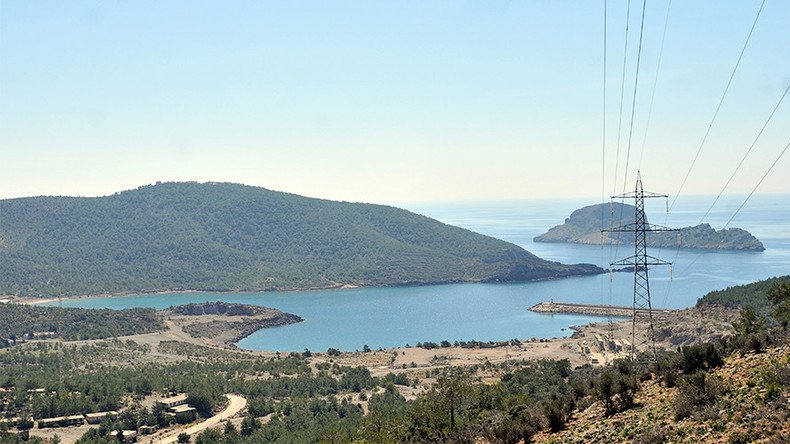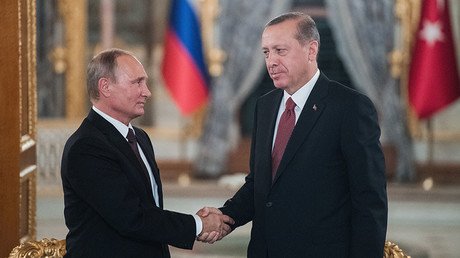Rosatom plans to sell 49% stake in $22bn Turkish nuclear power plant

Russian State Atomic Energy Corporation Rosatom wants to sell 49 percent of the Akkuyu nuclear power plant (NPP) it is building for Turkey. Russia will retain a controlling stake after the sale.
"Rosatom's goal is to attract investors by the end of 2017. We want to offer a 49 percent stake in the project to investors,” said Rosatom spokesperson Anastasia Polovinkina.
She added that Russia and Turkey have reached an agreement that electricity generated by the NPP will be distributed mostly by Turkish firm Tetas.
"Most of the electricity will be sold by Tetas and a small part will be sold on the open market," Polovinkina said.
Last week, Akkuyu Nuclear, the company in charge of the project, received a license to generate electricity for 49 years.
Russia and Turkey agreed to construct the NPP in 2010. It will consist of four reactors with a total capacity of 4,800 MW. Located in the Mersin province on the southern coast of Turkey it is the country's first nuclear power plant.
President Vladimir Putin has said Russia would invest $22 billion in Akkuyu. The first stage of the NPP is expected to be opened in 2023, according to Ankara.
Once operational, the plant is expected to meet around 6-7 percent of Turkey's electricity demand. The power plant will have a service life of 60 years and a working lifetime of 8,000 hours per year.
The project has repeatedly been delayed, including being halted after Turkey downed a Russian jet in Syria in 2015. Ties between Moscow and Ankara have improved and work on the plant has resumed.













